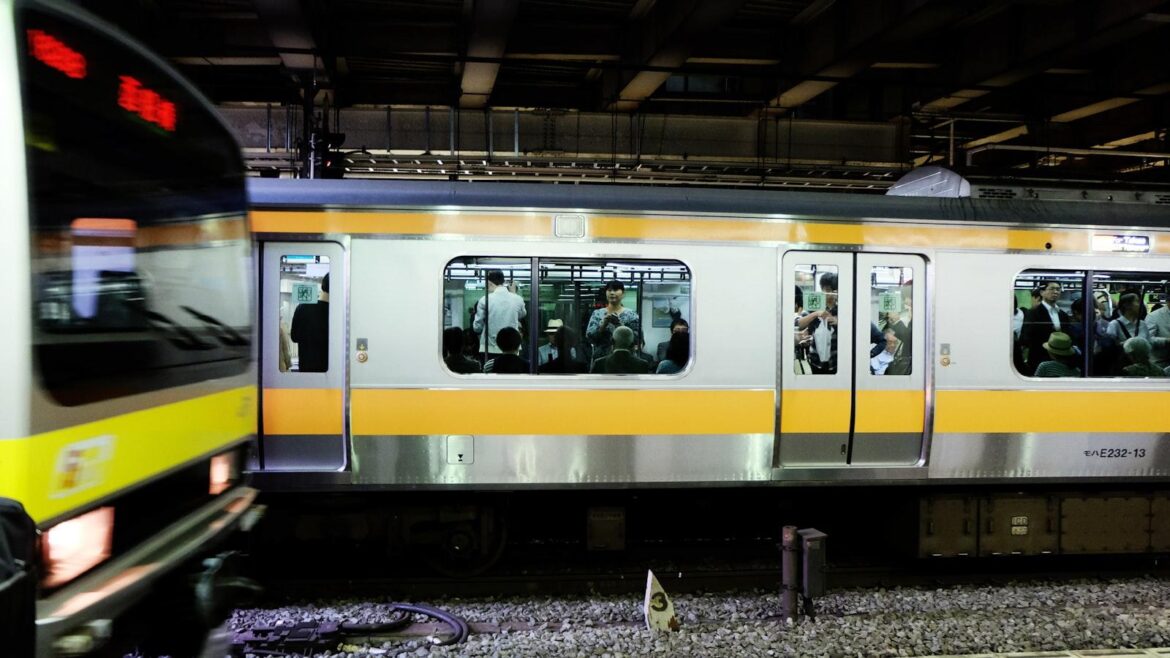As the rhythmic chugging of the train fades into the distance, the looming threat of train strikes casts a shadow over the bustling commuter community. With disruptions looming on the horizon, it’s time to consider how you will be caught in the crossfire of this transportation turmoil. In this article, we explore the implications of train strikes and how they may impact your daily routine.
Overview of Train Strikes in the UK
Train strikes in the UK have become a common occurrence in recent years, causing disruptions for passengers and impacting the overall transportation system. With various unions representing train workers, strikes can be organized for a variety of reasons, including disputes over pay, working conditions, and job security. During a strike, train services are often reduced or cancelled, leading to delays and inconvenience for commuters.
It’s important for passengers to stay informed about potential strikes and how they may be affected. Here are some key points to consider:
- Check the latest updates from the train company for any announcements or changes to services.
- Consider alternative modes of transportation, such as buses or carpooling, if your journey is impacted by a strike.
- Plan ahead and allow extra time for your journey to account for any potential disruptions.

Potential Impact on Commuters and Travelers
Train strikes can have a significant impact on commuters and travelers, causing disruptions and delays to their daily journeys. With trains being a popular mode of transportation for many people, a strike can lead to overcrowded platforms, longer wait times, and potential cancellations. This can result in inconvenience and frustration for those who rely on trains to get to work, school, or other destinations.
During a train strike, commuters and travelers may need to consider alternative transportation options, such as buses, taxis, or carpooling with others. It’s important to stay informed about any updates or changes to train schedules, as well as plan ahead and allow for extra time when traveling. Additionally, commuters should be prepared for potential overcrowding and delays, and practice patience and understanding during this time of disruption.

Strategies for Coping with Train Strikes
During train strikes, it’s important to have a plan in place to minimize the impact on your daily routine. One strategy is to **consider alternative transportation options** such as carpooling with coworkers, using ride-sharing services, or even biking to work if feasible. This can help you avoid being completely stranded if train services are disrupted.
Another coping strategy is to **adjust your work schedule** if possible. This could mean starting work earlier or later to avoid peak travel times during the strike. Additionally, **working remotely** from home can be a good option during train strikes to avoid the hassle of commuting altogether.
Closing Remarks
In conclusion, as train strikes continue to disrupt the daily routines of commuters, it is essential to stay informed and plan ahead for any potential disruptions to your journey. Whether it be adjusting your travel times, exploring alternative methods of transportation, or simply practicing patience, being proactive and adaptable will be key in navigating the uncertainties brought about by train strikes. Let us hope for a swift resolution to these issues, and in the meantime, may your travels be as smooth as possible. Stay safe and stay informed.



